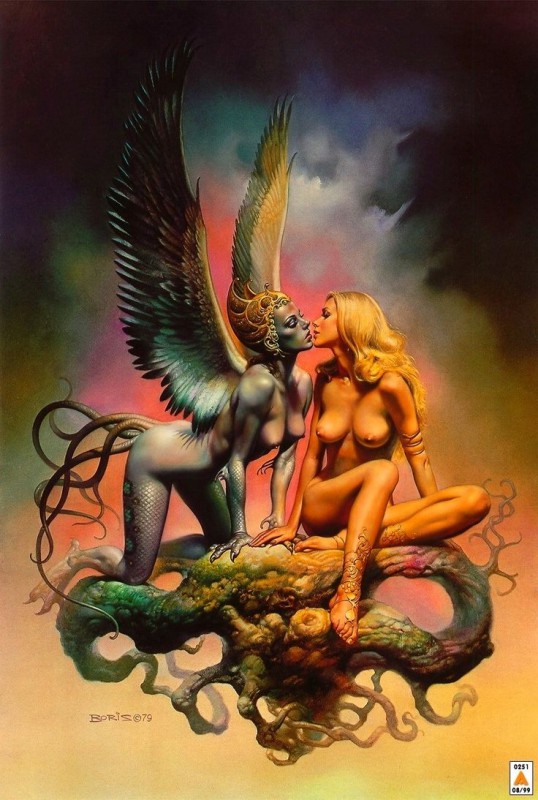
The historical backdrop of mankind indicates us such a significant number of changed ways to deal with adoration, such a large number of various suspicions about how couples should get together thus numerous particular methods for deciphering sentiments, we ought to maybe acknowledge with a level of beauty that the way we approach our connections should by and by owe rather a great deal to the overall condition past our rooms. Our affections unfurl against a social setting that makes a capable feeling of what is 'ordinary' in adoration; it quietly manages us as to where we should put our enthusiastic accentuations, it shows us what to esteem, how to approach clashes, what to get amped up for, when to endure, and what we can be truly angered by. Love has a history and we ride – now and then rather defenselessly – on its streams.
Since around 1750, we have been living in an exceedingly particular period in the historical backdrop of affection that we can call Romanticism. Sentimentalism developed as a belief system in Europe in the mid-eighteenth century in the psyches of artists, specialists and thinkers, and it has now vanquished the world, effectively (yet dependably discreetly) deciding how a retailer's child in Yokohama will approach a first date, how a scriptwriter fit as a fiddle the completion of a film, or when a moderately aged lady in Buenos Aires may choose to turn in until tomorrow with her government worker spouse of twenty years.
Sentimentalism is profoundly confident about marriage. It reveals to us that a long haul marriage can have all the energy of a relationship. The sentiments of adoration that we know about toward the beginning of a relationship are relied upon to beat an existence time. Sentimentalism took marriage (up to this point seen as a pragmatic and candidly mild association) and combined it with the enthusiastic romantic tale to make a special recommendation: the long lasting energetic love marriage.
Sentimentalism trusts that picking an accomplice ought to be tied in with giving oneself a chance to be guided by emotions, as opposed to handy contemplations. For a large portion of written history, individuals had fallen into connections and wedded for consistent down to business sorts of reasons. For Romanticism, the marriage of reason was not sensible by any stretch of the imagination, which is the reason what it supplanted it with—the marriage of feeling—has generally been saved the need to represent itself. What makes a difference is that two individuals wish frantically that it happen, are attracted to each other by a staggering sense and know in their souls that it is correct.
Sentimentalism trusts that genuine romance ought to include taking pleasure in a darling in their each angle. Intimate romance is synonymous with tolerating every little thing about somebody. The possibility that one's accomplice (or oneself) may need to change is taken to be an indication that the relationship is on the stones.